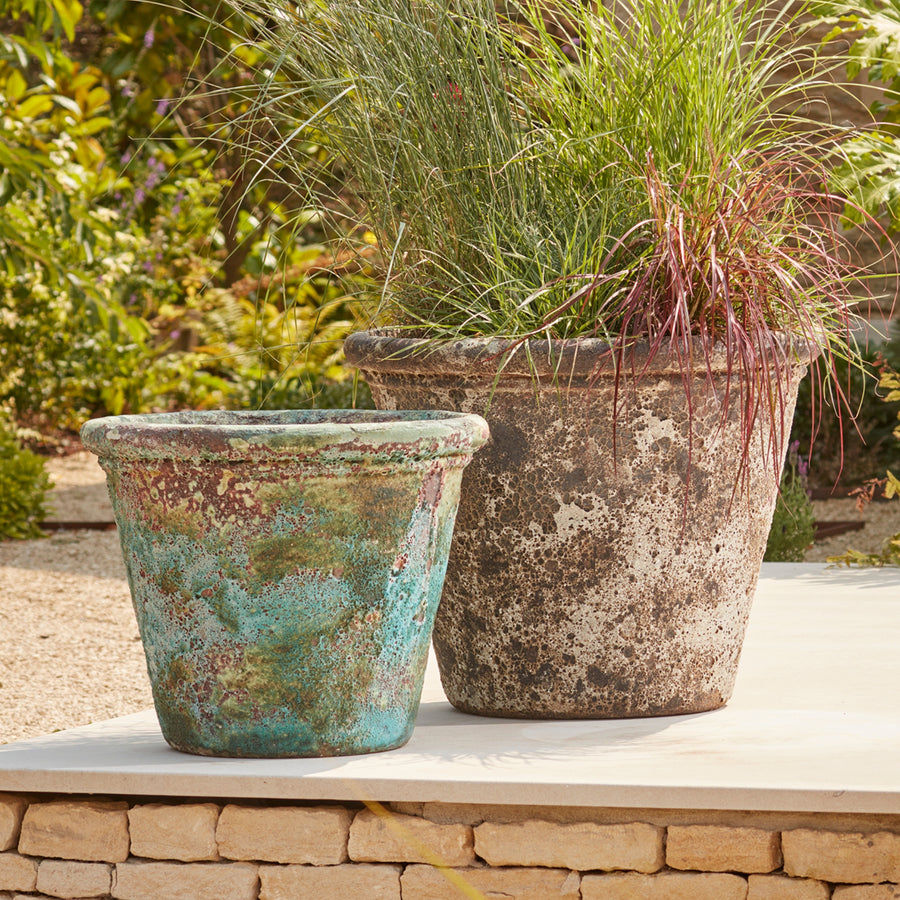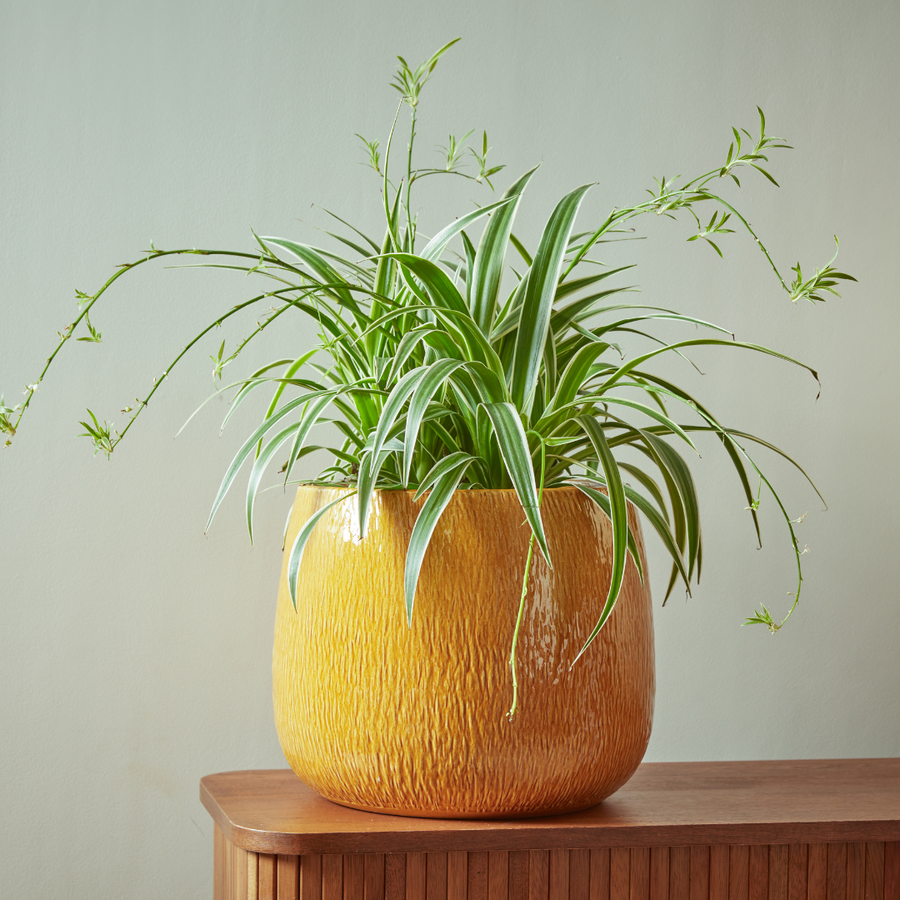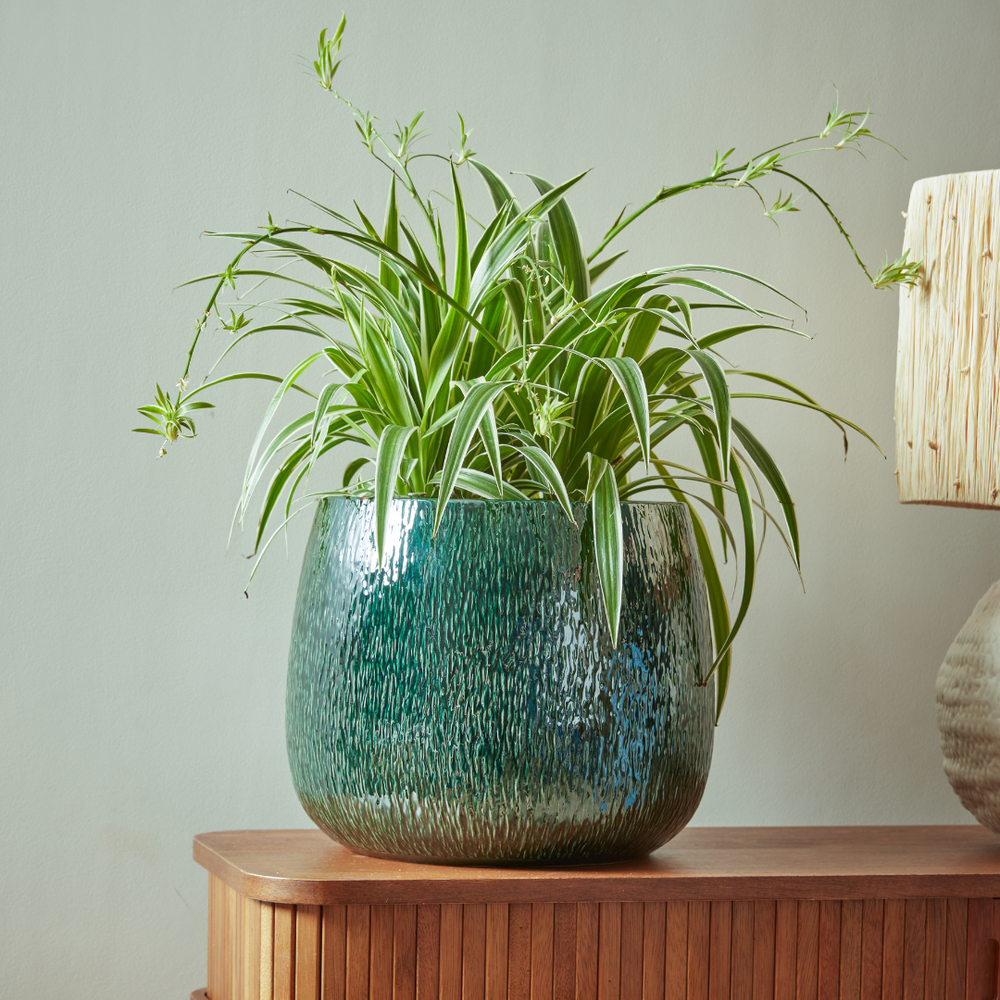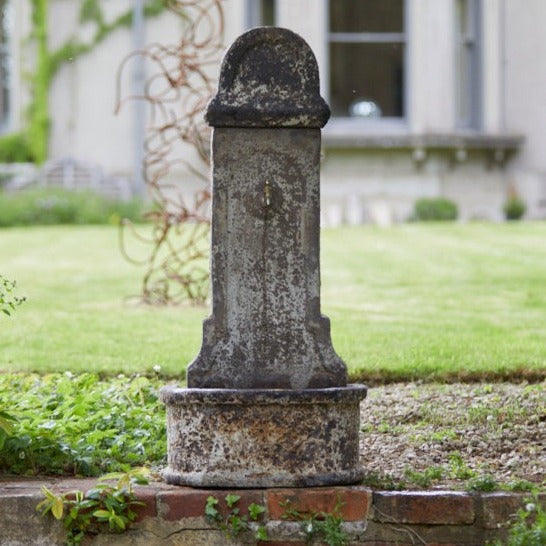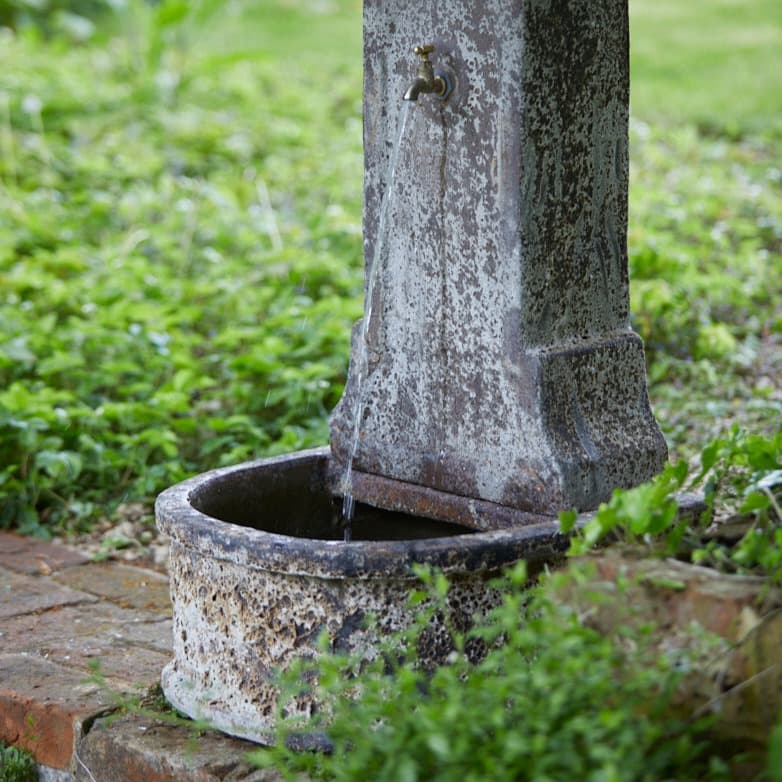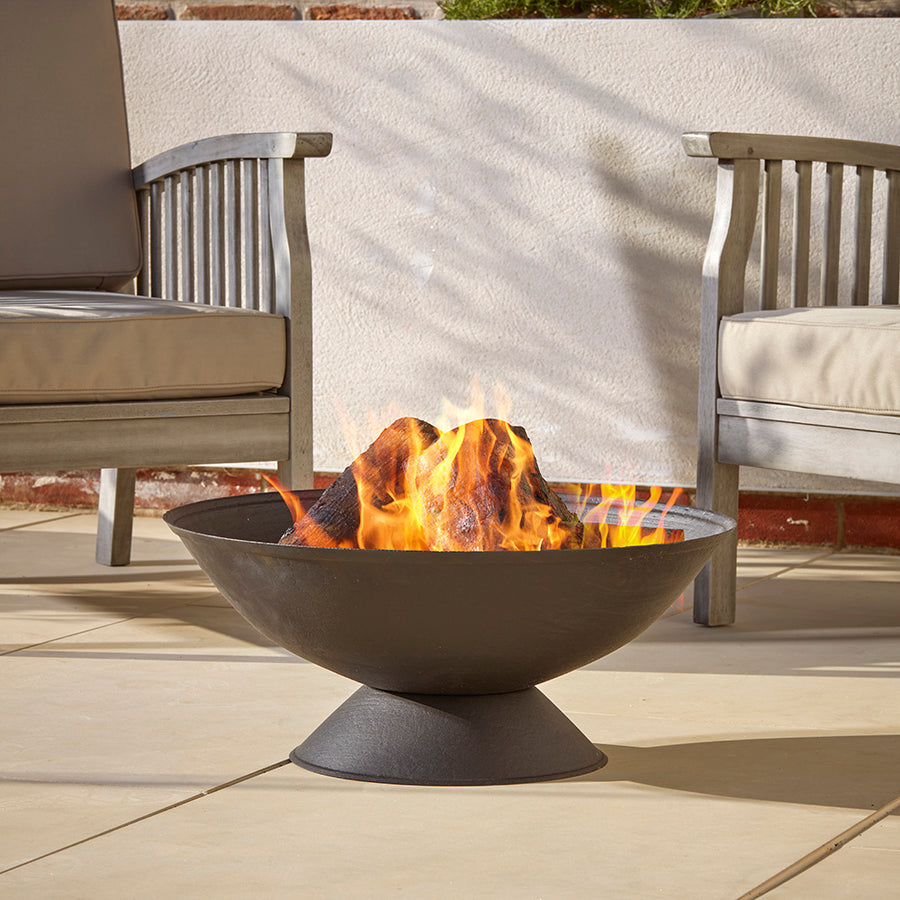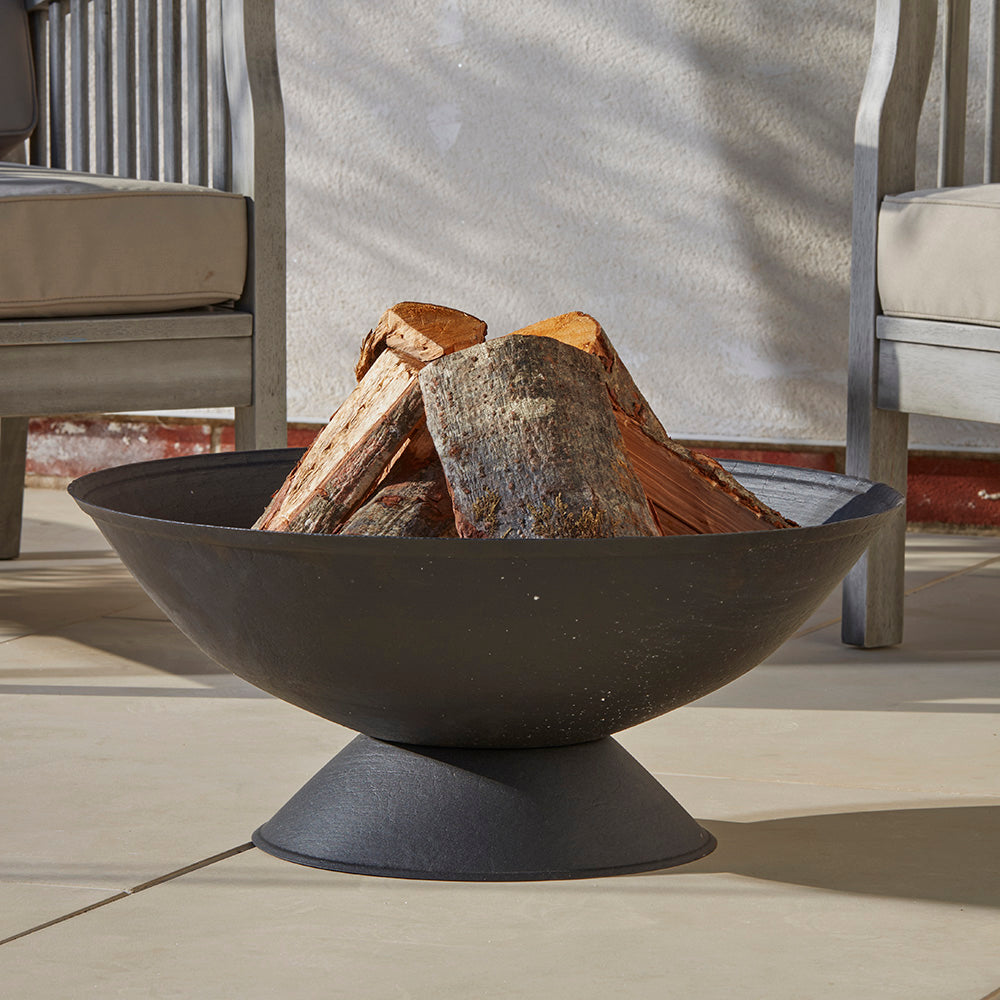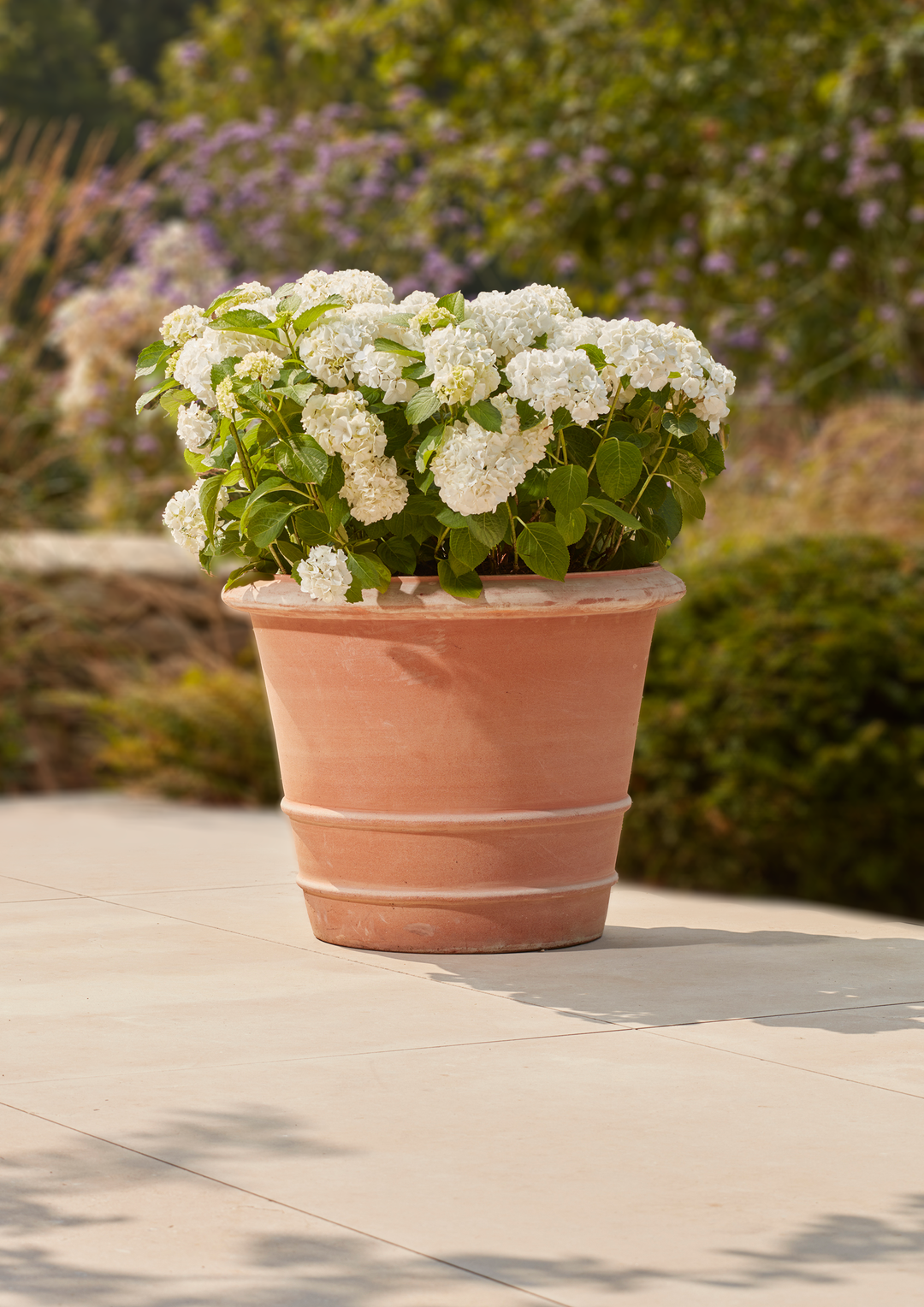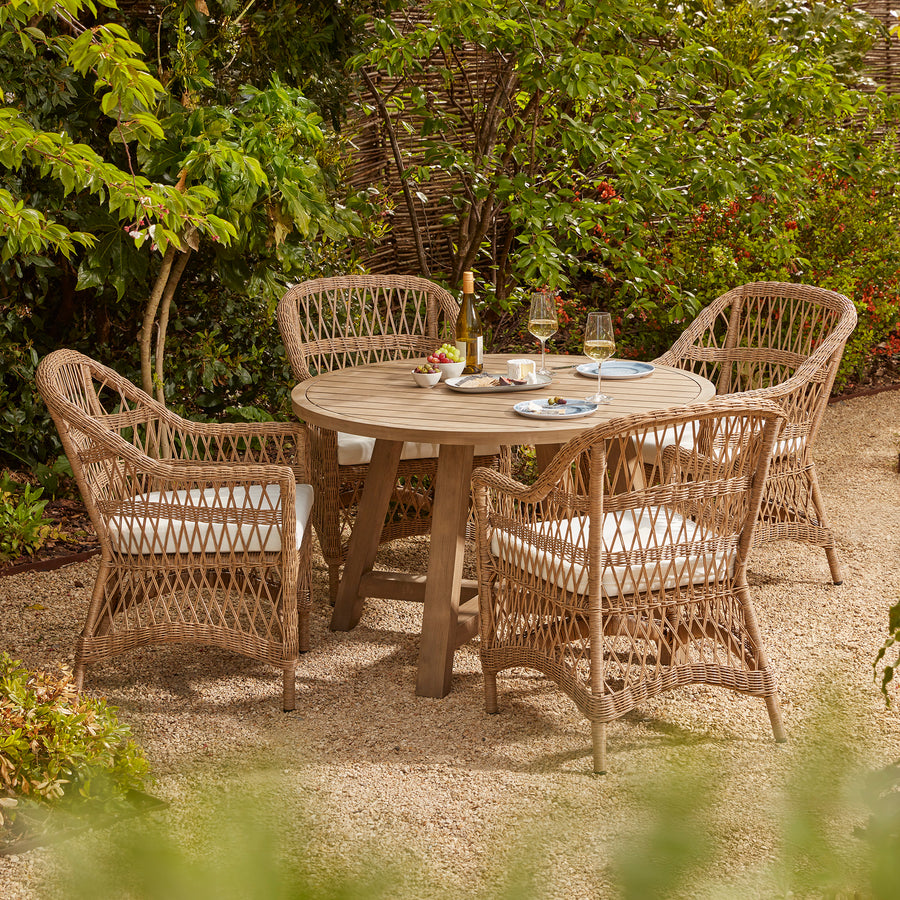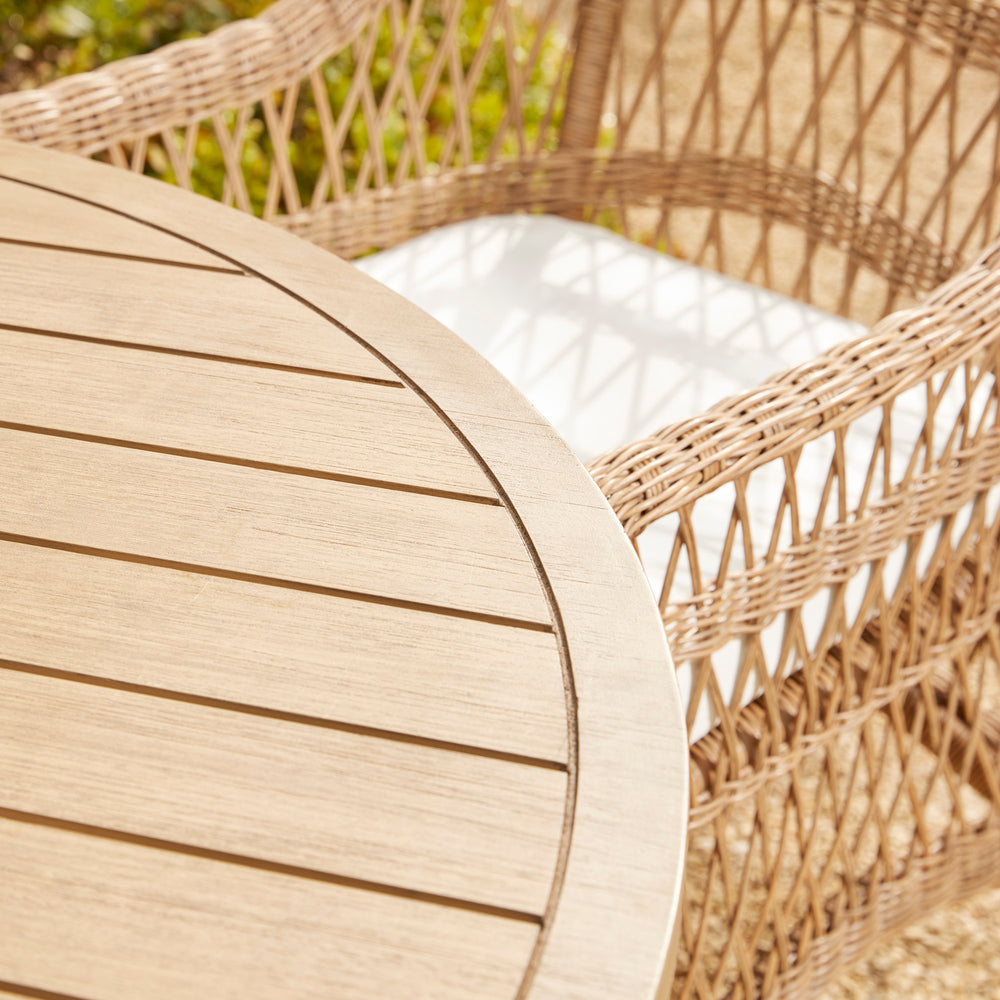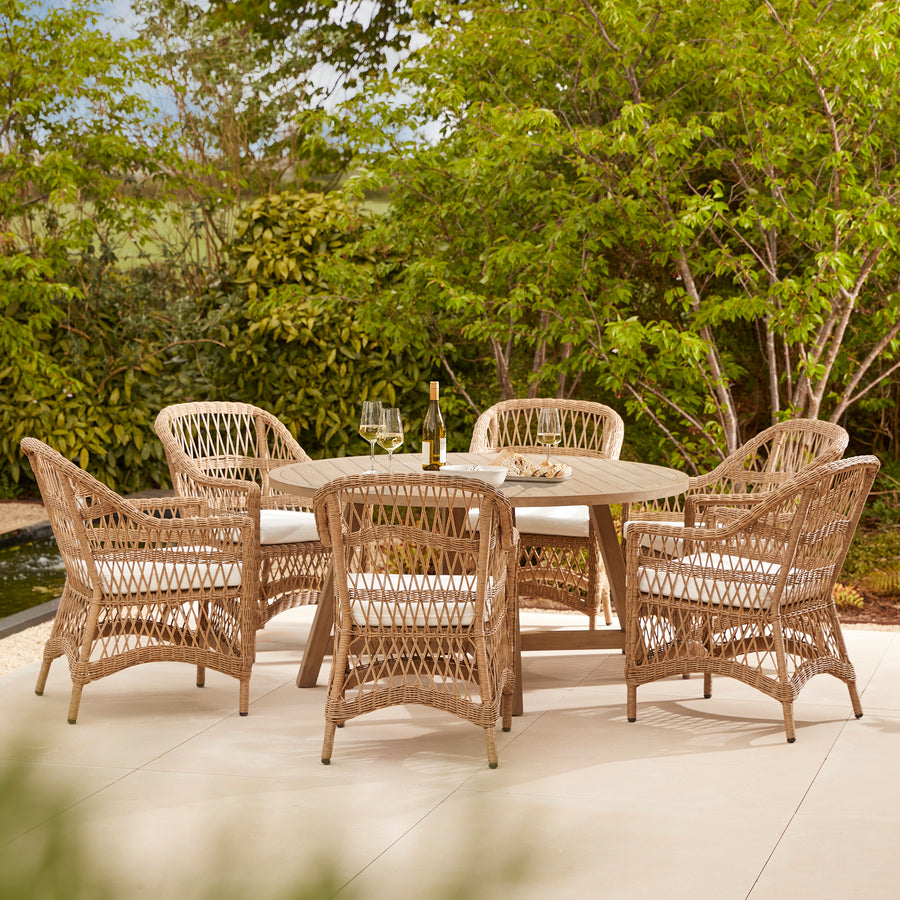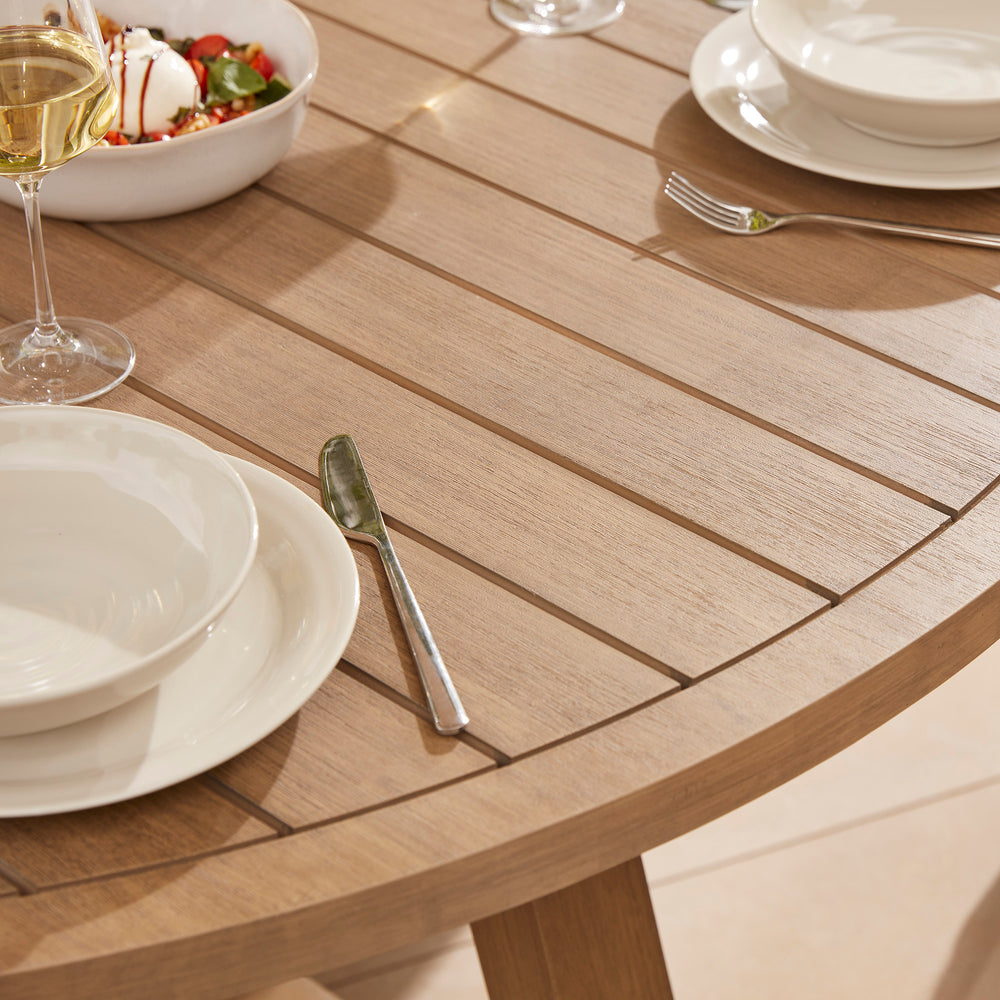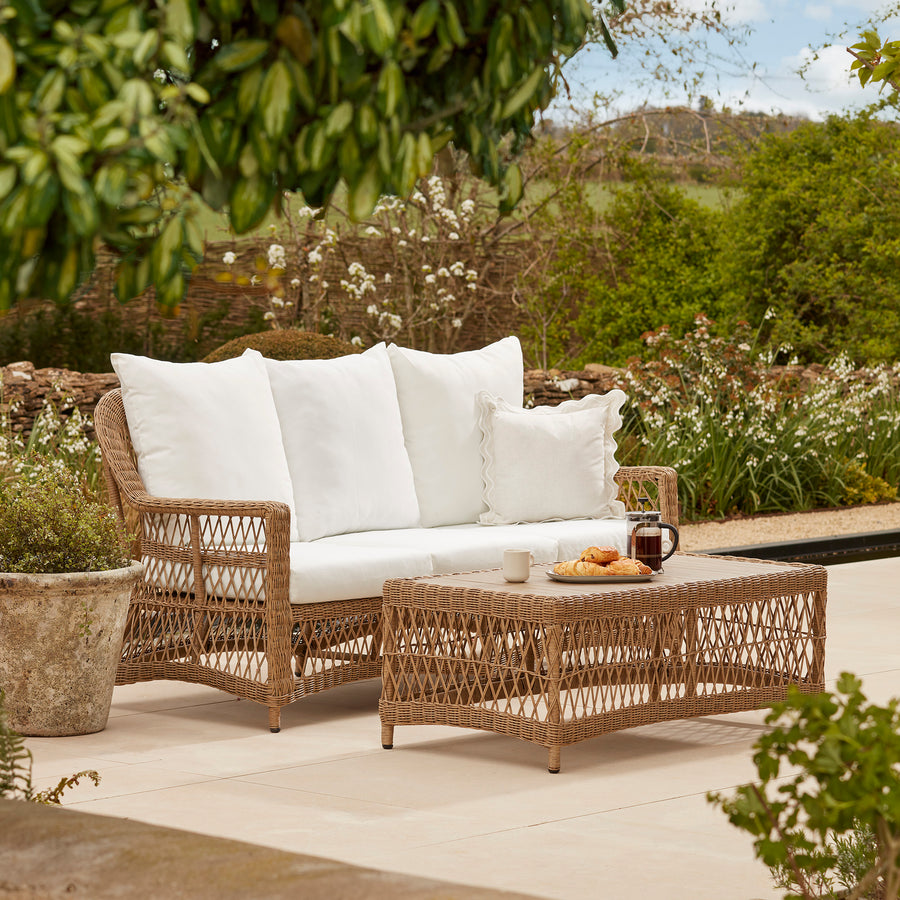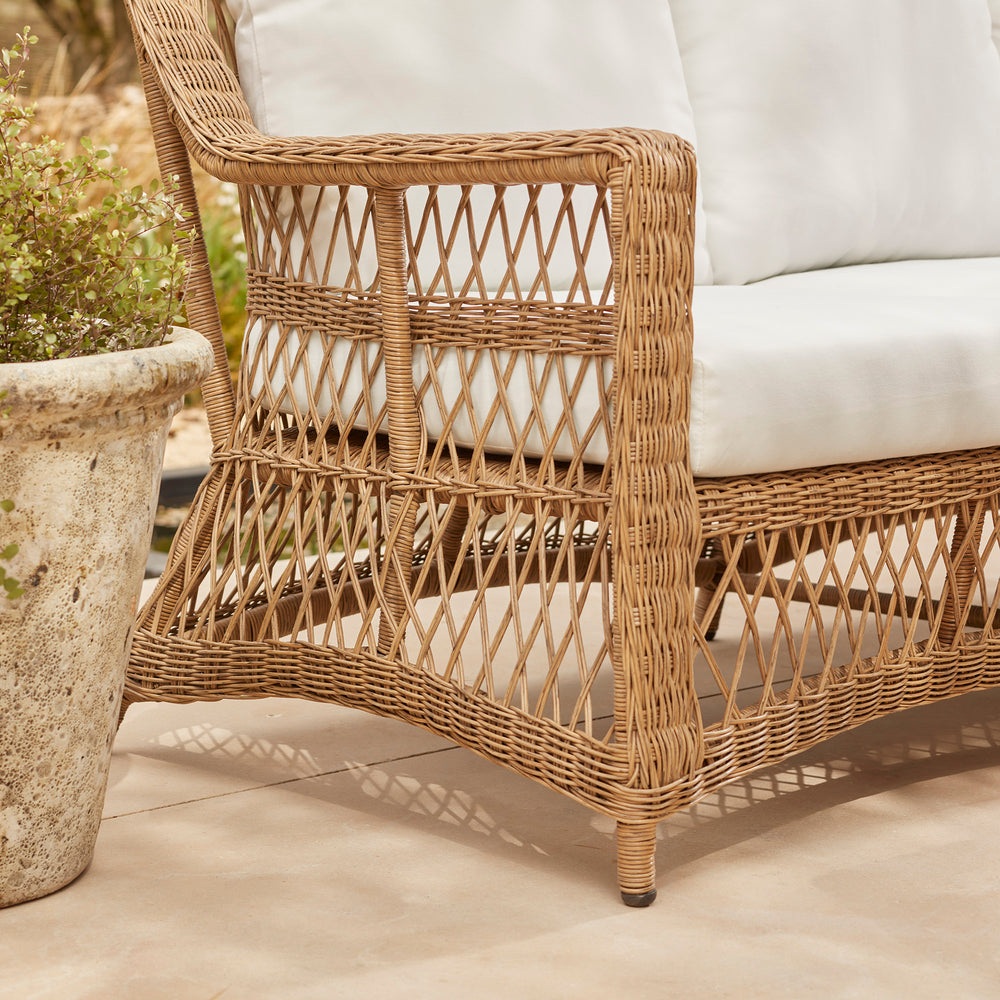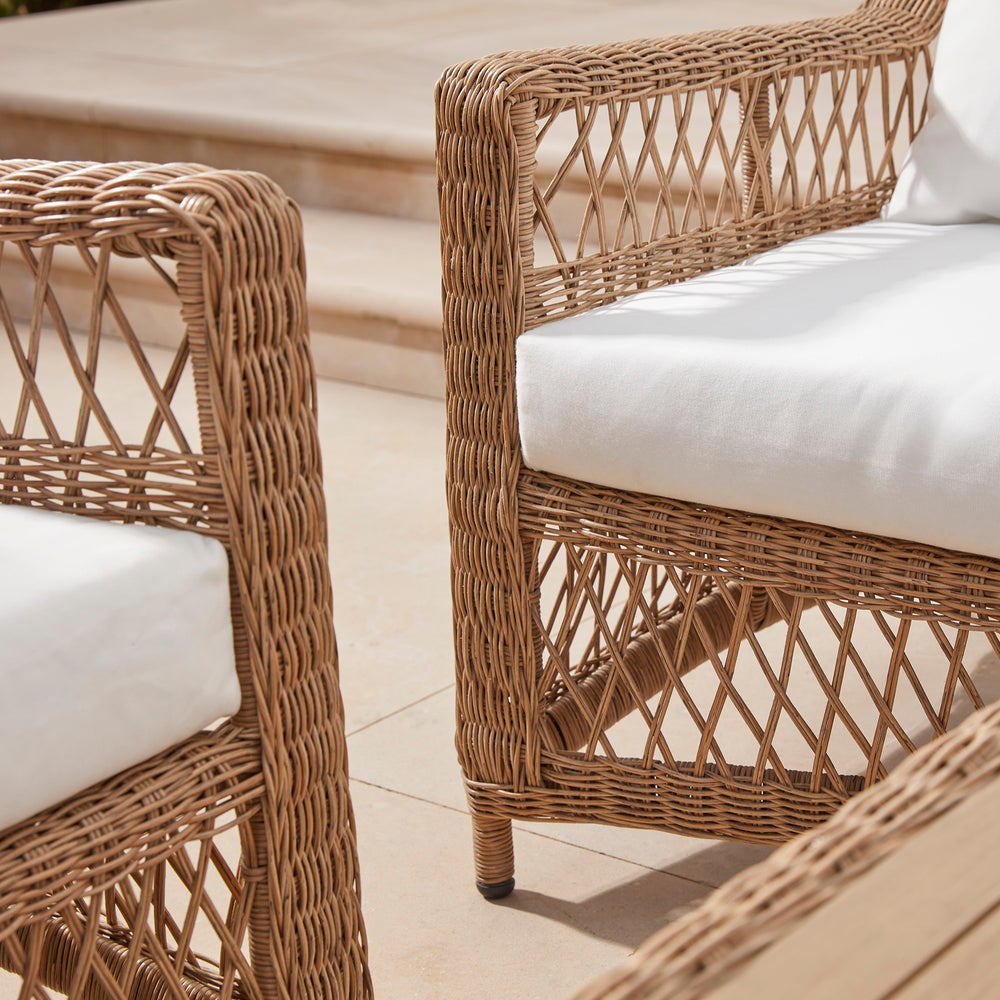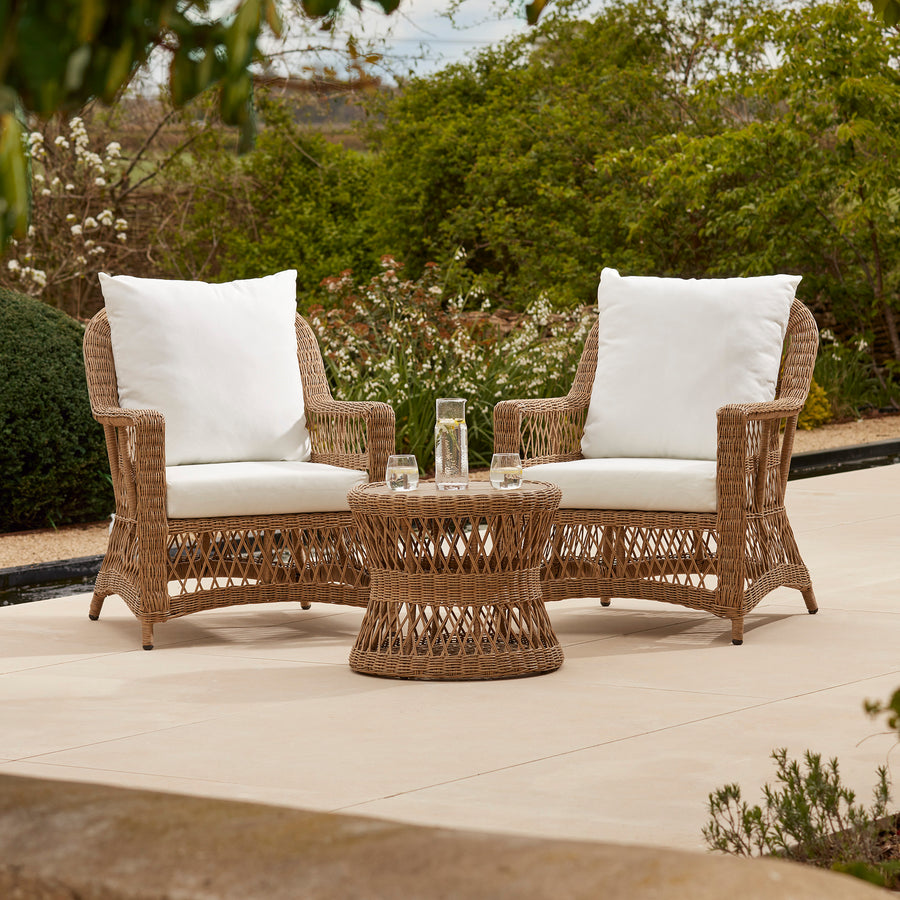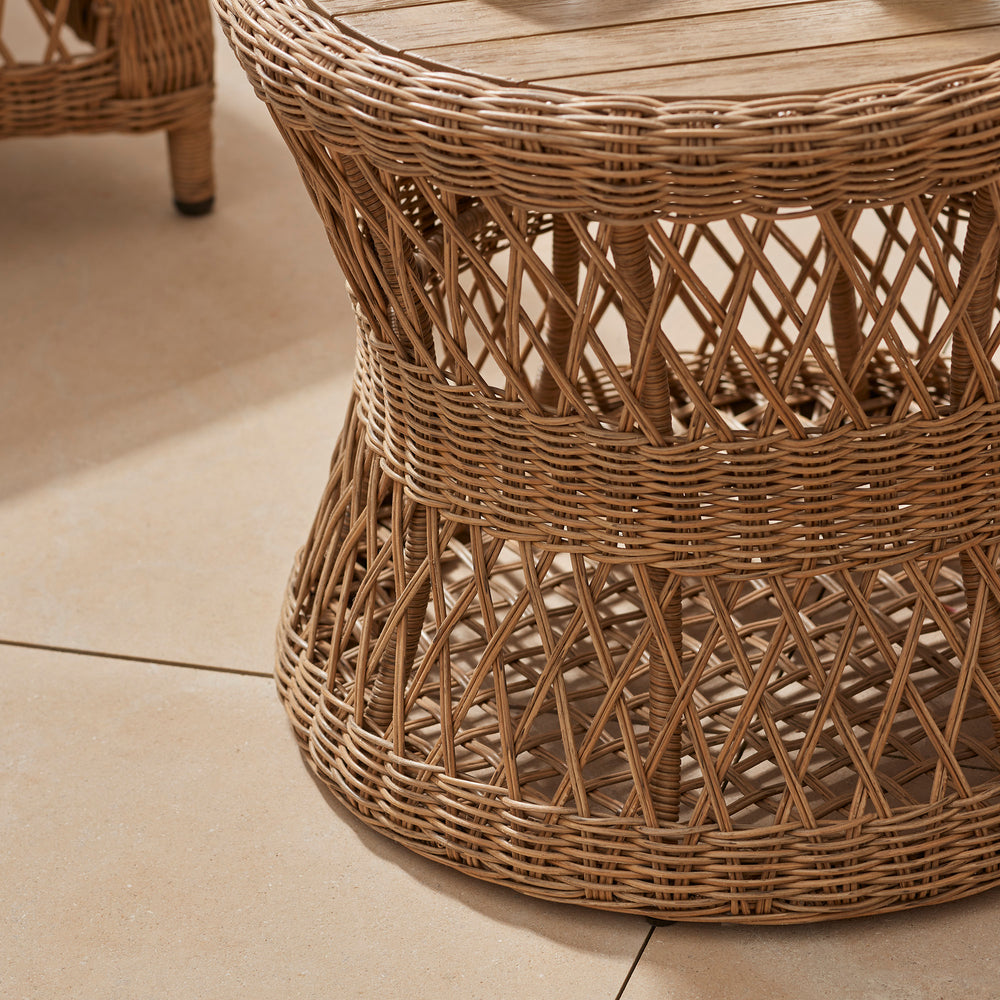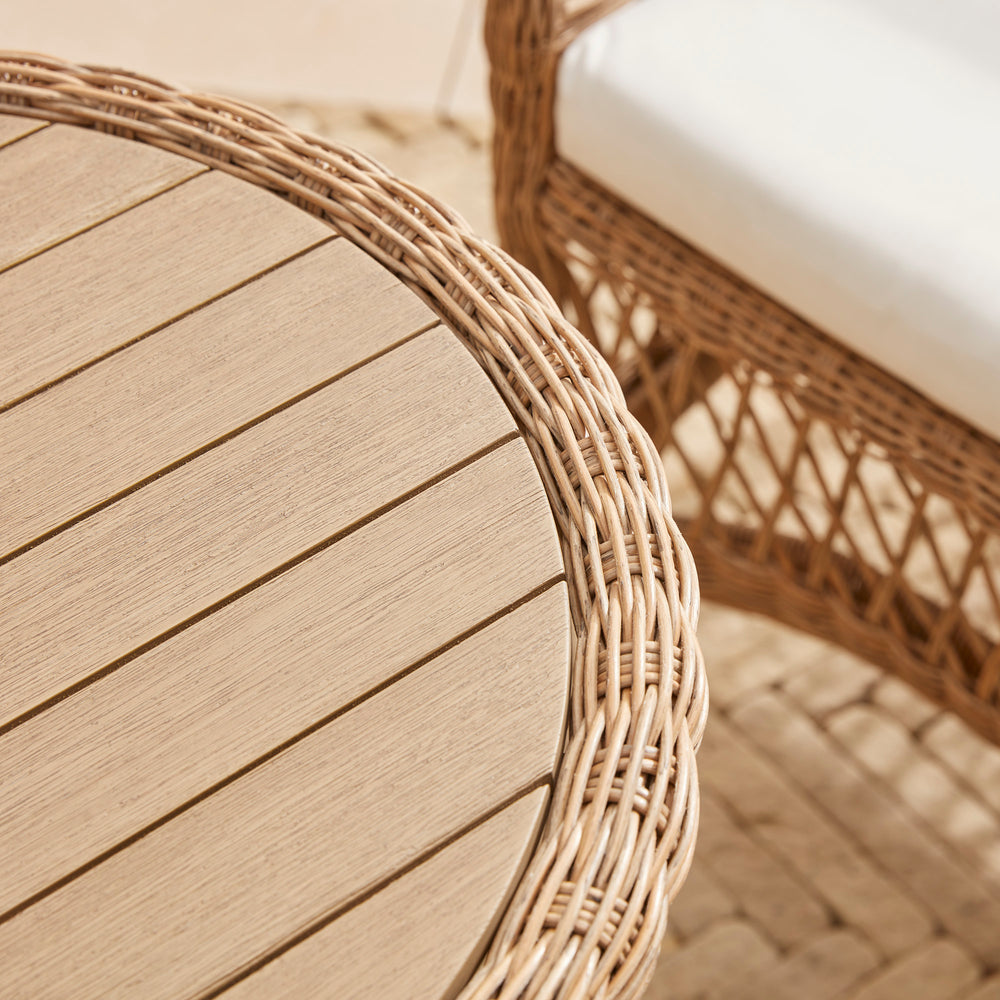How to Compost Leaves and Other Autumn Garden Waste
Autumn is upon us, and as the trees shed their golden leaves, it's the perfect time to turn those fallen leaves and other garden waste into rich, nutritious compost. Composting is a wonderful way to give back to the garden and ensures a waste-free cycle. Living in Tetbury, I’ve been composting for years, and it has made such a difference to the health of my garden. The best part? It’s incredibly simple!
Here’s a guide to help you compost autumn leaves and other garden waste, turning what might seem like garden debris into ‘black gold’ for your plants.
Why Compost Autumn Leaves?
Autumn leaves are one of the best ingredients for your compost bin. They’re rich in carbon, which balances out the nitrogen in your kitchen waste and grass clippings. When composted, they break down into leaf mould, a nutrient-rich amendment for your soil that improves structure, retains moisture, and boosts plant health.
In my garden, I collect as many leaves as I can to add to my compost pile. But if you have a lot of leaves, and you’re not quite ready to start composting yet, you can simply pile them up in a corner and let them decompose on their own to create leaf mould. 
Start with the Right Composting Setup
Whether you’re new to composting or looking to expand, a sturdy potting bench makes sorting through garden waste a lot easier. I use mine to chop up larger twigs and leaves before adding them to the pile.
If you're unsure about what kind of composting setup you need, the RHS guide to home composting is a great place to start.
How to Prepare Leaves for Composting
To speed up the composting process, it’s best to shred the leaves before adding them to your compost bin. If you don’t have a leaf shredder, simply running over the leaves with a lawnmower will do the trick.
Shredded leaves break down more quickly and create a more consistent compost mixture. I’ve found that adding leaves in layers between other types of garden waste also helps them decompose faster.
Add Other Autumn Garden Waste
While fallen leaves are the star of autumn composting, don’t forget about other waste from your garden! Deadheaded flowers, spent annuals, grass clippings, and small branches all make excellent additions to your compost heap. Just be sure to avoid adding diseased plants or plants that have gone to seed, as these can cause problems later on. For advice on what not to compost, check out this helpful BBC Gardening compost guide.
Turn Your Compost Regularly
Once you’ve got your pile started, the key to speeding up decomposition is to turn it regularly. Turning the compost introduces oxygen, which helps the materials break down faster. I try to turn my pile once every couple of weeks using a garden fork, though once a month will work just fine if you’re short on time.
Don’t be discouraged if you don’t see immediate results – composting is a slow process. In fact, autumn compost usually takes around six to twelve months to fully break down, but it’s well worth the wait! If you’re turning compost regularly, a sturdy, comfortable garden bench nearby offers a perfect spot to take a quick rest between tasks.
Monitor Your Compost’s Progress
Composting is a slow process, but keeping an eye on the progress will help ensure success. If your compost is too dry, add water or more green materials. If it’s too wet, add more dry leaves or straw to absorb the excess moisture.
Your compost should be ready in six months to a year, and you’ll know it’s done when it looks dark and crumbly, with no recognizable materials. By the time spring comes around, I like to use the fresh compost to repot some of my favourite plants in beautiful Gardenesque pots to give them the best start for the new growing season.
A Little Autumn Reflection
I’ve always found autumn to be a peaceful time in the garden. The busyness of summer is behind us, and we can take a slower, more reflective approach to gardening. Composting leaves and other garden waste feels like an act of gratitude to the earth, returning nutrients back to the soil for the seasons ahead.
With a bit of effort and patience, composting will reward you with nutrient-rich material that keeps your garden thriving year-round. If you haven’t started yet, now’s the perfect time to embrace this eco-friendly gardening practice.




